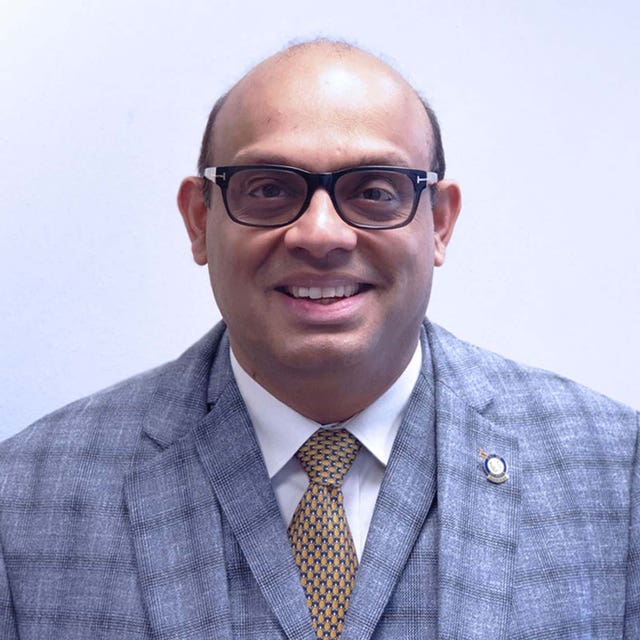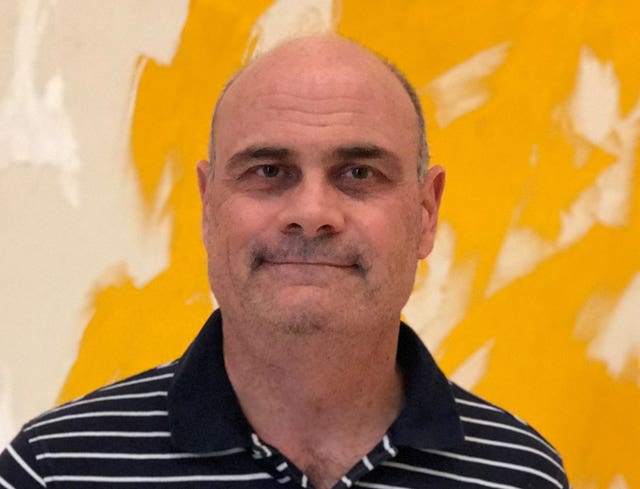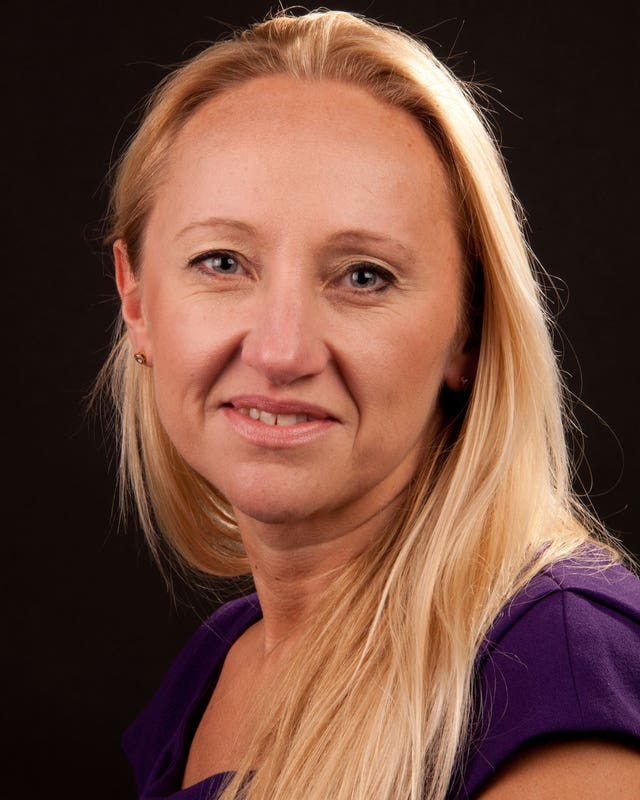
Leading British doctors are hoping to track the spread of Covid-19 around the world by asking people whether they can smell household objects.
Professor Claire Hopkins and Professor Nirmal Kumar say that a patient’s loss of smell is a “better indicator” of coronavirus than a fever, and are developing the #CovidSmellTest, which asks participants to sniff items as part of an ambitious effort to collect global data on the disease.
The means through which users will report their results is yet to be decided, but the experts hope tracking the location of the posts will help them identify the spread of cases within certain areas.
The NHS nose, throat and ear experts identified anosmia, loss of smell, as a crucial indicator of coronavirus, especially because for many people this is their only symptom.

Professor Kumar, 55, said those with a cold or flu mention losing their smell to him “only once in a blue moon”, whereas it is a common complaint for Covid-19 patients.
In a survey, led by the professors, of 2,500 people with signs of coronavirus, a “staggering” one in six reported anosmia as their only symptom. Of those who reported losing their sense of smell, 74% tested positive for coronavirus.
King’s College London experts also found through analysis of two million users on their symptom tracker app, 59% of those who tested positive for Covid-19 reported a loss of smell.
The #CovidSmellTest, which will encourage people to sniff household objects such as a cup of coffee and report any sudden loss of smell on social media, is being developed by the professors alongside former chief risk officer for JP Morgan, Peter Hancock.

Peter Hancock, 62, who came up with the initiative, described it as “real targeting of the super-spreaders who really don’t know they’re doing harm” in “the lowest cost way possible.”
He added: “As the general public watch the healthcare professionals put their lives at risk to save people, everyone has the strong urge to help.
“If they can help in some way and also have a giggle, that seems like a good use of people’s energy.”
Prof Hopkins, 47, said she hopes the global test will become a useful tool for predicting the start of an outbreak so that healthcare resources can be directed to the right place before it is too late.

She said: “One of the problems all countries are facing so far is that they haven’t got the PPE to where it was needed, before it was needed and therefore they’re reacting behind the curve.
“If we can get people to self-report loss of a sense of smell globally, we might be able to identify countries and regions as the outbreak starts.
“It will only work if we get really good widespread global coverage.”
Professors Kumar and Hopkins are also urging the Government to add loss of smell to the key coronavirus symptoms to isolate with, alongside cough and fever, otherwise “our social distancing policy will be completely lost”.
“At the end of the day, we’ve got to do whatever we can to help with the containment policy. That’s the light at the end of the tunnel,” Prof Kumar said.
To find out more about the campaign, visit https://sniffoutcovid.org/


Comments: Our rules
We want our comments to be a lively and valuable part of our community - a place where readers can debate and engage with the most important local issues. The ability to comment on our stories is a privilege, not a right, however, and that privilege may be withdrawn if it is abused or misused.
Please report any comments that break our rules.
Read the rules here